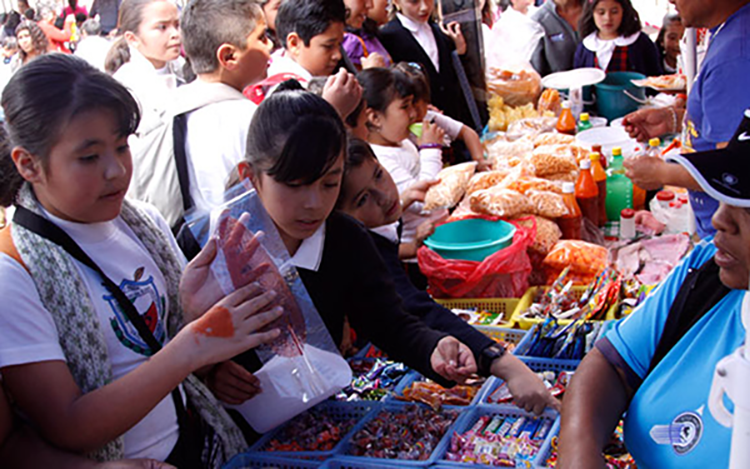A school-based intervention to improve children's eating behaviors in Mexico
Feb 2023 - ongoing
Schools play an important role in the development of obesity in developing countries, as unhealthy foods are easily accessible within the schools’ facilities and their environment. Because more than a third of children and adolescents are obese, schools in Mexico are prioritizing the implementation of strategies that encourage healthy eating.
About the Project
Current strategies mainly focus on guiding and educating parents on how to provide their children with a balanced diet. However, they often ignore family dynamics or access to resources. In addition, current interventions show a lack of integration of the social and cultural context, which is an important determinant of people’s eating behavior in Mexico.
In the search for a different approach to the problem, two important insights have been found:
1. Mexican children can distinguish between healthy and unhealthy food. However, this knowledge has little influence on their eating behavior.
2. Little research has been done on children’s interactions with food in schools in Mexico.
This project takes the opportunity to explore the context in search of the social, cultural, emotional or even psychological determinants of children’s eating behavior. The goal of this graduation project is to design a solution that helps children transition between knowledge and action in a way that fits their context, needs, motivations, etc. By combining behavior change theory with generative techniques such as context mapping and codesign, this study employs children as key informants during the design process.
